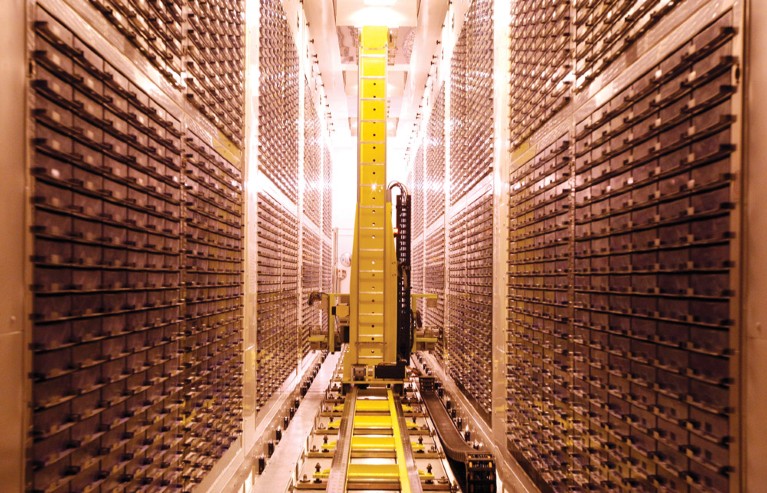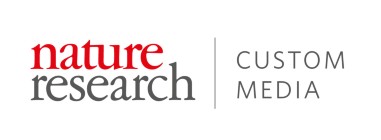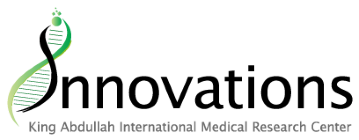
Having clear laws and data-handling guidelines would benefit both biobanks and donors in Saudi Arabia.SCIENCE/GENOME REUTERS/PHIL NOBLE
Biobanks are research facilities that collect biological specimens and health data from human donors. A scientist may find results that are clinically relevant to one or several donors — such as biomarkers that could predict one’s likelihood of inheriting certain genetic diseases. There has been much debate around the world as to whether biobanks should pass these results to donors, and whether donors should have the right to refuse knowledge of these results.
Ghiath Alahmad at King Abdullah International Medical Research Center (KAIMRC) in Riyadh, Saudi Arabia and Kris Dierickx at KU Leuven in Belgium conducted a survey in Saudi Arabia to gauge the opinions of various stakeholders on the return of results to donors. They found that most people agreed that biobanks should pass important results to donors, and that donors should have the right to refuse knowledge of these results.
The researchers surveyed 180 people, including KAIMRC researchers, as well as physicians and laypeople working, receiving treatment or visiting inpatients at King Fahd Hospital in Riyadh. Around 45% of them agreed that donors had the right to be informed of important results. However, only 9% agreed that donors had this right if results were insignificant.
Also, around 80% of those surveyed agreed that biobanks should pass significant results to donors. However, if the results were unimportant, only 30% thought the results should be passed on.
Lastly, around 47% of those surveyed agreed that donors should have the right to refuse knowledge of important results.
The numbers closely match those reported in Western countries. The results show that despite cultural differences, people living in Saudi Arabia might opt for transparency and access to research results that are of clinical significance.


